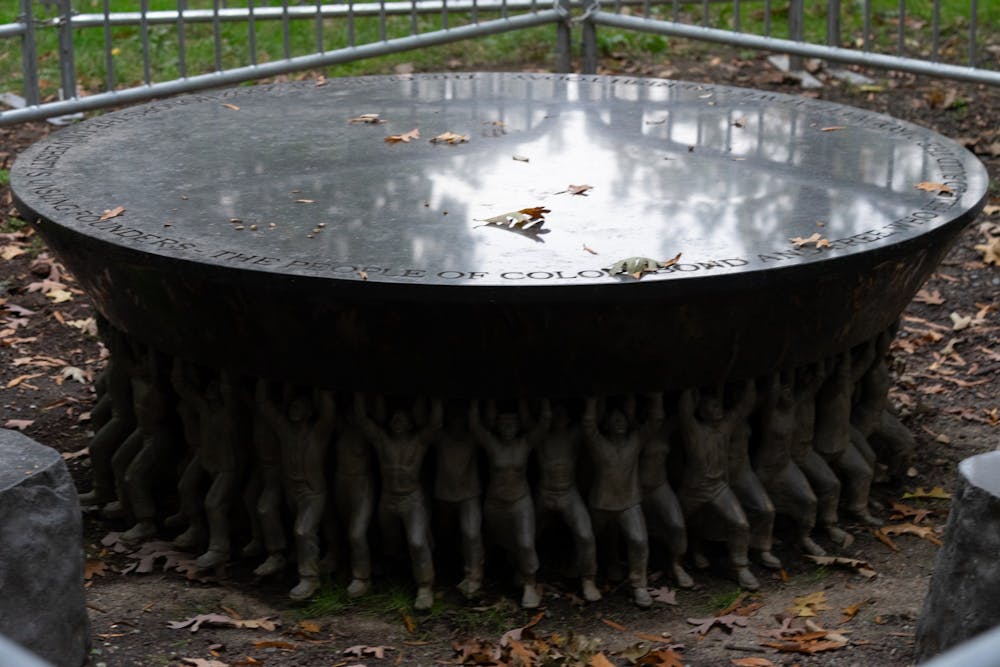In 2005, Wilson Library curated a museum exhibit and digital exhibit that recognized the enslaved people who built the University.
Now, almost 16 years later, the library is leading efforts to reconstruct the lived experiences of enslaved individuals at and around the University.
UNC is one of five testing partners for the national project “On These Grounds: Slavery and the University.” The initiative launched in 2020 at Michigan State University and is now led by a team of digital history experts, archivists and historians from MSU, Georgetown University and the University of Virginia.
Research process
The project has created an opportunity for Wilson Library archivists to reexamine the materials in the University Archives and Southern Historical Collection through a lens that centers the experiences of enslaved people.
Wilson Library technical services archivist Laura Hart, who is working on the project at UNC, explained how "On These Grounds" has led archivists at Wilson to change the way they interact with documents in UNC’s collections.
“In our long-standing practices of describing slavery-era documents, we really have focused our attention on the documents themselves,” she said. “And the way I perceive it is, we were really, I think, describing for a very scholarly audience and presupposing what it was that they were looking for.”
Hart described a hypothetical scenario in which archivists examine a ledger kept by an enslaver. She explained how the archivists’ approach to that document, for this project’s purposes, would differ from their usual practices.
Historically, Hart said, the ledger's description would detail the date on the document, the content of the document — such as whether it contains the names or birth dates of enslaved people — and where in North Carolina the document originated.



